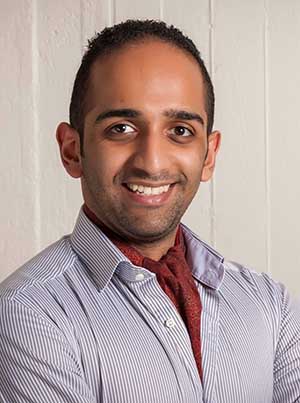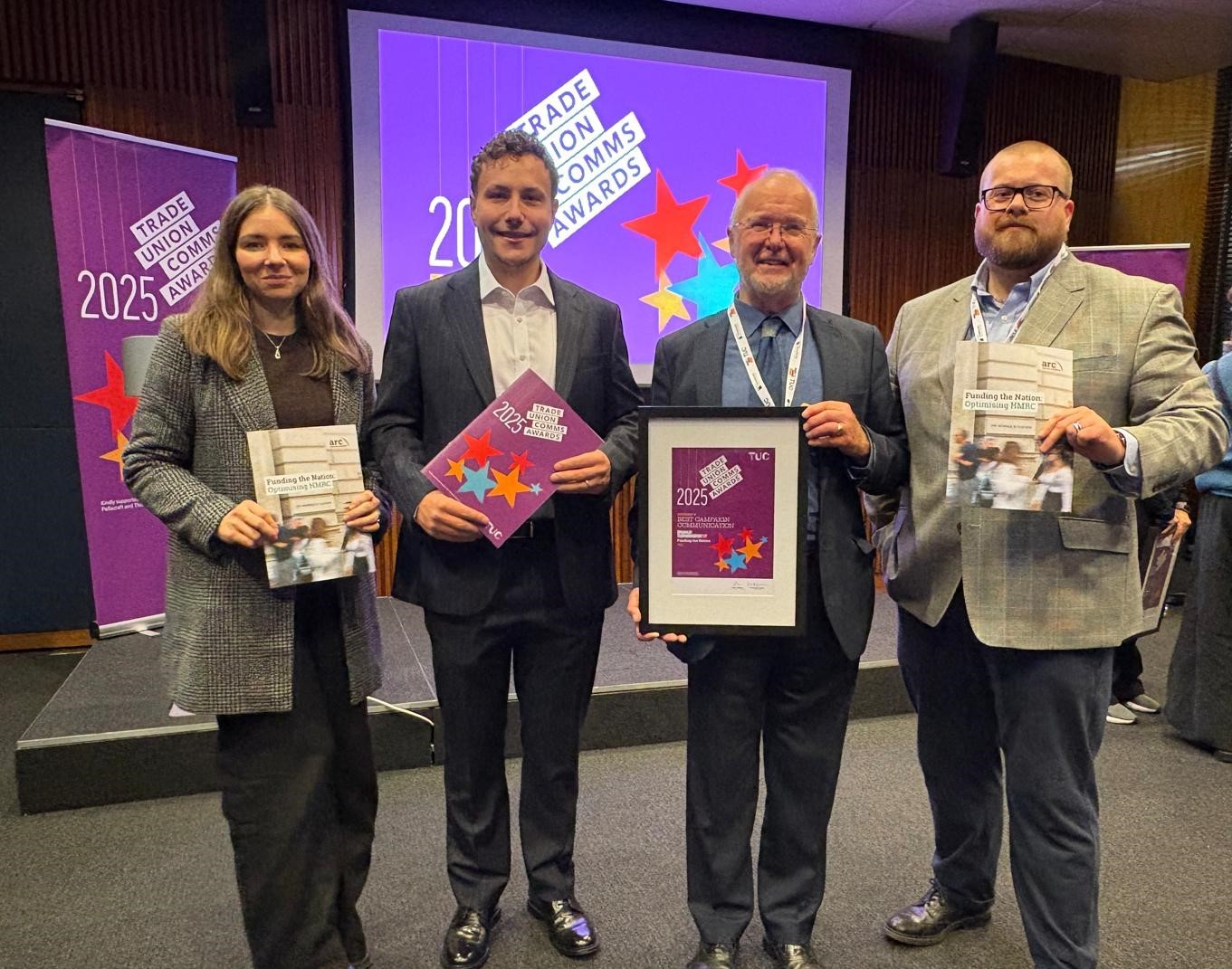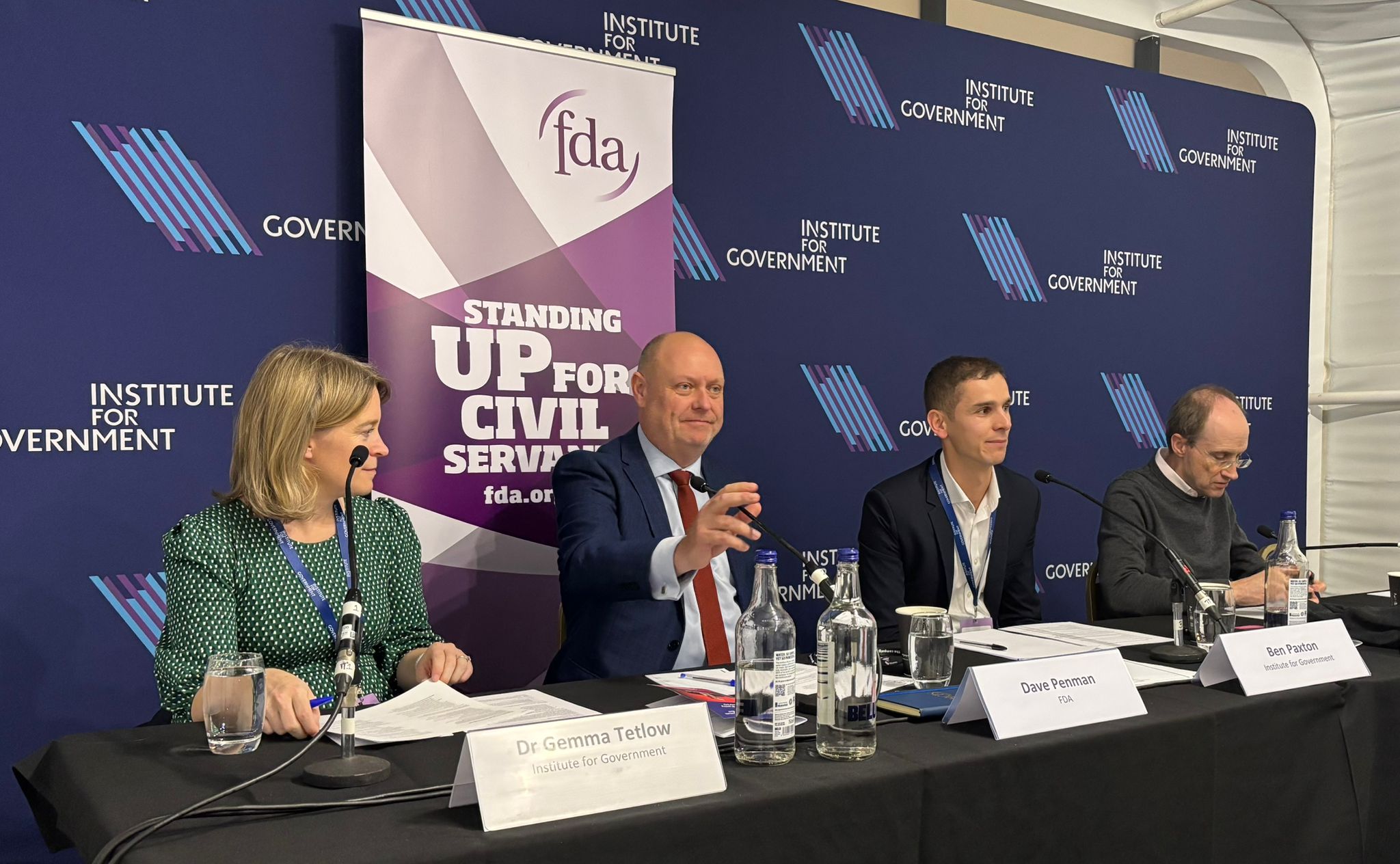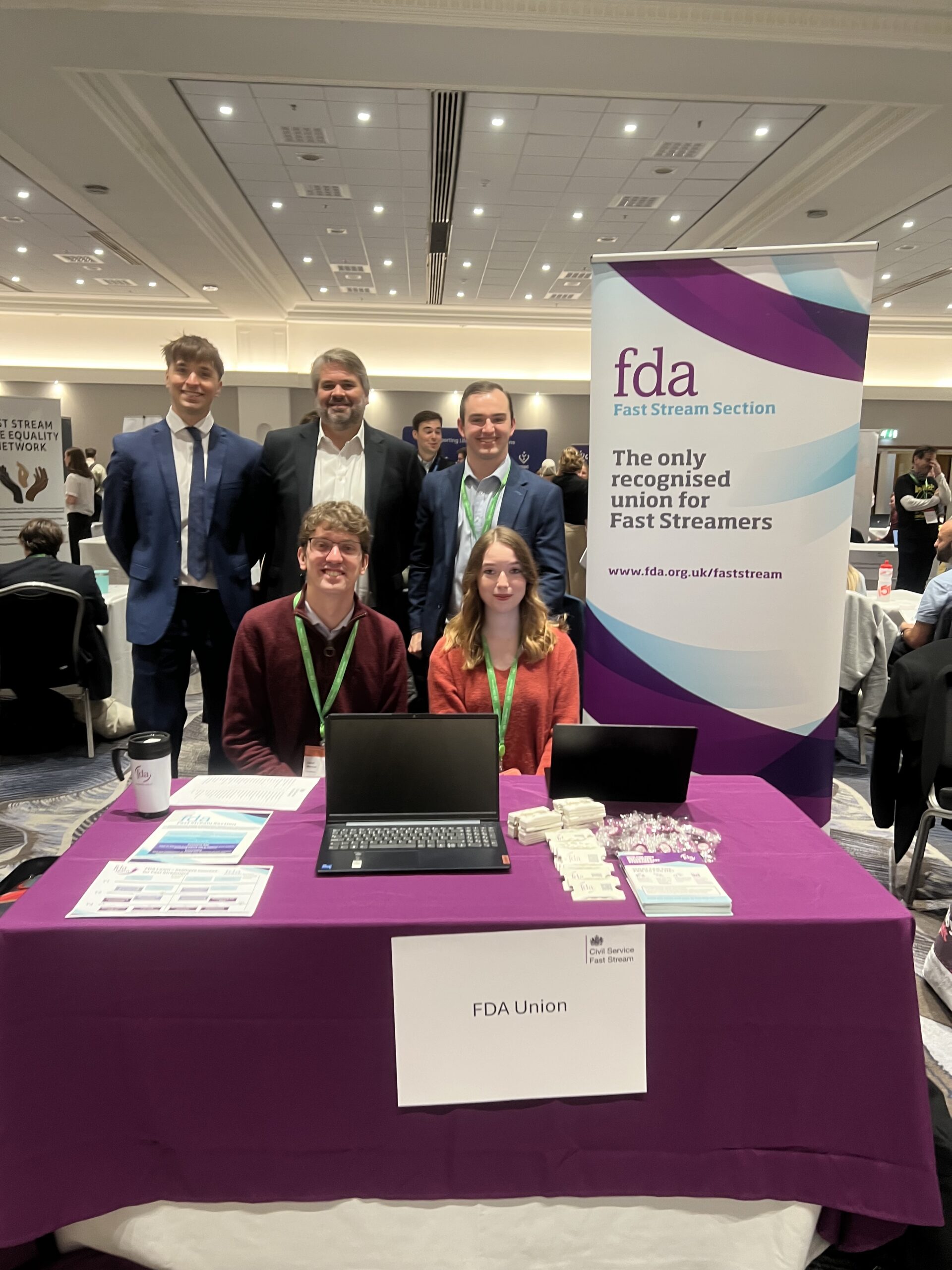Vishal Wilde: Young workers need unions
This Young Workers Month, FDA Executive Committee member Vishal Wilde looks at the problems facing young workers, and what can be achieved by joining a trade union.

It is easy to romanticise youth: young people, generally speaking, appear to have their whole lives ahead of them. However, these seemingly endless possibilities and opportunities are not always quite what they look to be. Young workers will bear the brunt of perpetual uncertainty and threats, as their futures appear to be unpredictable and undecided.
Although UK unemployment is at record lows, “underemployment” – that is, people being overqualified for the jobs they are doing and/or not working as many hours as they might want to – remains a serious problem for many young workers. When it is not, we see the opposite issue emerge, as recent research found millenials work longer hours in the modern workplace than previous generations. Then there are other financial concerns: according to PwC, “younger people (25-34) hold more than five times as much debt as older borrowers (55+) and are three times as worried about their ability to repay”. Britain faces an ongoing, macroeconomic Productivity Puzzle that young workers are in the midst of. Millenials in the UK remain “short-changed” and pay more tax but will receive less from the state compared to Baby Boomers born in the 1950s.
Notwithstanding that uncertainty and insecurity, we are also a very conscientious bunch that are deeply motivated by solving problems (with, for example, young people driving much of the acceleration of ethical / impact investing).
Despite that general desire to solve the world’s problems, the New Economics Foundation published findings in May 2019 suggesting that “less than one in ten workers under the age of 24 are in a union” and that this “decline in the membership of young workers is starker than the overall trend of union decline over the last 20 years.”
The civil service and the public sector more broadly enjoys higher rates of unionisation than the private sector. Membership amongst civil servants on the Fast Stream (the constituency in the FDA with, on average, the youngest membership) continues to increase. However, there is still much to be done before we can restore the strength of unions in earlier decades. In order to safeguard hard won rights and to continually progress our collective interests, young workers more broadly need to wake up to the fact that it is not only in individuals’ self-interest but also the collective, societal interest to join unions and continuously improve the state of labour and organisations throughout society. Trade union membership is not confined to one part of the political spectrum or restricted to a specific ideological outlook – young workers’ interests fundamentally transcend factionalism.
Indeed, it is the aforementioned vigour, creativity and hope that young workers bring which provides the necessary impetus for change. The FDA’s Fast Stream Section has driven numerous unprecedented and exciting developments – from securing the right to vote on pay deal, to securing the third year pay uplift – made possible by the member-led nature of our union, the dutiful ethos of the Fast Stream Committee, our dedicated National Officer and the leadership of the Section co-convenors.
As young workers, we have a lot to look forward to as well as a lot to manage. Whether it’s a climate crisis or an economic and financial crisis, young workers will be at the forefront of changes and ensuring organisations are ethical, sustainable and well-governed. We are also the most vulnerable to planetary and economic vicissitudes. Young workers have borne continuing injustices and inequalities, but we are also best placed to transform them with fairness and justice. No-one is doubting the power of every individual to make change but we can accomplish a lot more working together than we can apart. Unions are member-led – join a union and you can drive changes that are larger and more profound than any one of us.
Related News
-

FDA highly commended for Funding the Nation campaign at 2025 TUC Comms Awards
The FDA is delighted to have been highly commended in the Best Campaign Communication category for ‘Funding the Nation’ at this year’s TUC Comms Awards.
-

Government has “no strategy” on long-term pay and reward issues, says Penman
FDA and IfG hosted a joint fringe event at this year’s Labour Party Conference in Liverpool, discussing ‘Should public sector pay and pensions be reformed?’
-

FDA at Fast Stream Base Camp 2025
FDA Fast Stream reps have been in Birmingham for Fast Stream Basecamp, welcoming new first year Fast Streamers, speaking to them about the union’s work and how to get involved.